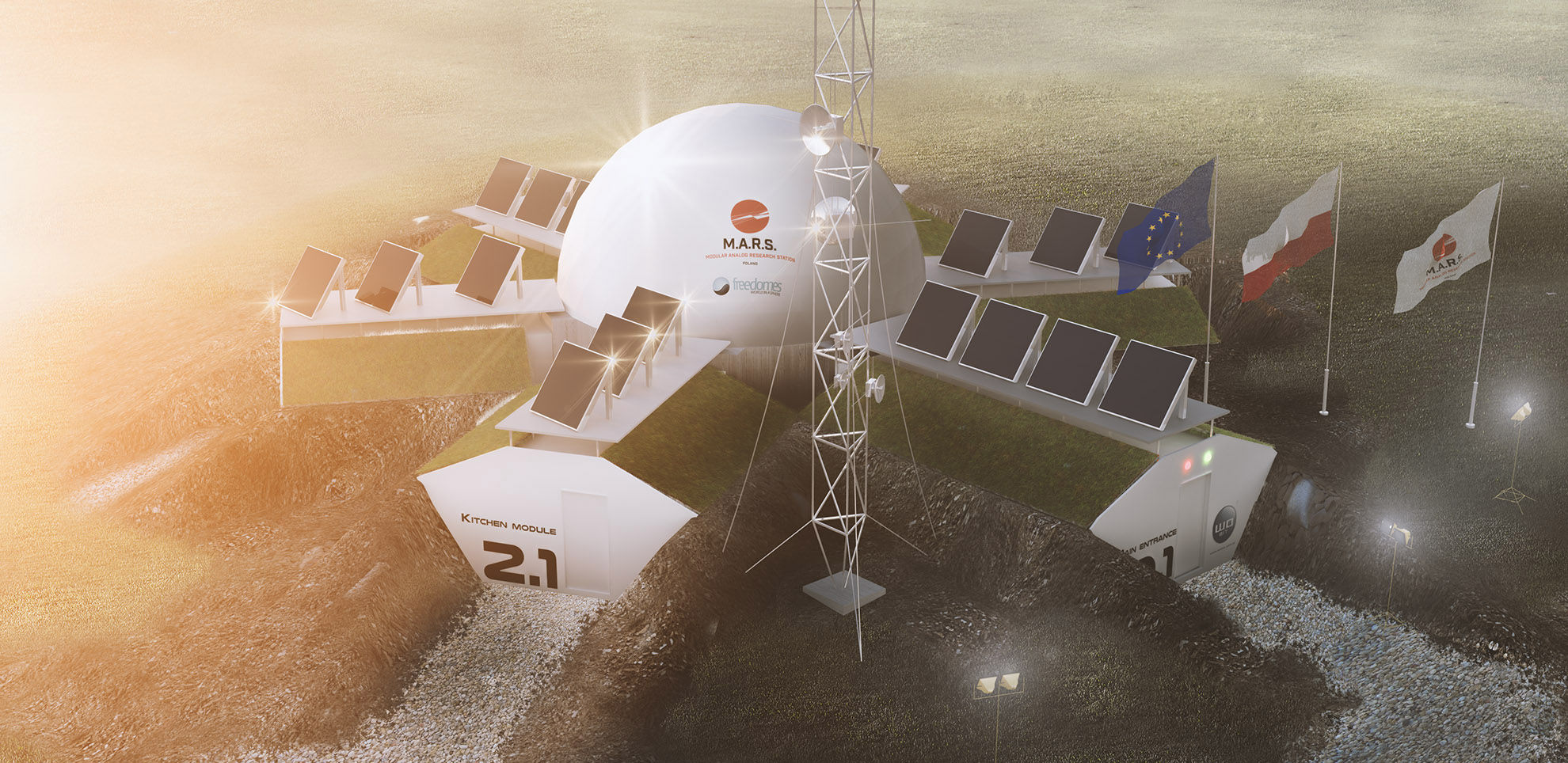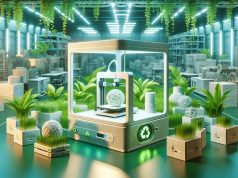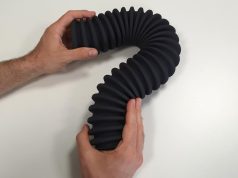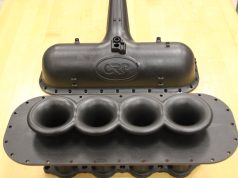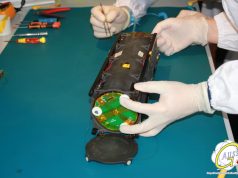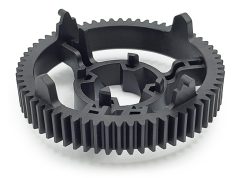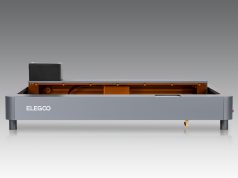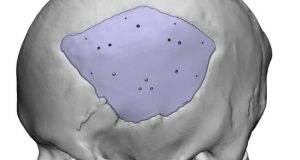Walks in a space suit, meals made of insects and space storms – this will be the reality of 6 people who will reside in the base to simulate Moon or Mars mission, this summer. The base is in Rzepiennik Biskupi, which houses the largest private observatory in Poland. This two-week adventure in the space habitat will be observed by the team working on a project called M.A.R.S., in collaboration with project partners, including the producer of VSHAPER 3D Printers.
The participants of the experiment will test the assumptions of space crew missions which until now have only been theoretical. They will undergo psychological and sociological examinations. M.A.R.S. (Modular Analog Research Station) is an initiative of Dr Agata Kołodziejczyk, neuroscientist from European Space Agency in the Netherlands. One of the projects she is involved in at the Agency is the “Moon Village” – a moon village, which is to be the first permanent base placed on the Earth satellite.

The Habitat will consist of 4 modules located underground and a central office where you will find a kitchen and a social room. In the first module there will be a bedroom, a gym and a room for hygiene. In the second module there will be research instruments and bioreactors. The next one will serve as a storage for food, suits and everyday objects. The last one will house a laboratory. The participants will travel through the nearest area on foot or in a small vehicle for 2 people, equipped with space suits that measure oxygen levels, carbon dioxide, pressure and temperature. Samples for research will be collected by Mars rover created by students from Rzeszów University of Technology.
The participants of this mission will receive sandstorm warnings and nuclear reactor simulators will inform them about the need to save energy. The vital signs of each participant like pulse, sugar level, hormones and sleep quality will be monitored. Vitamins, microelements and proteins will be produced in special bioreactors.
A large group of Polish companies is involved in the experiment. They will provide, among others, a special lock, through which the “astronauts” will get into the habitat, microgravity simulation machine and previously mentioned bioreactors (insect cell and algae). VSHAPER is responsible for the 3D Prints that will be used to create hydroponic cultivation of edible plants.
We decided to combine hydroponics with 3D Printing and create a modern hydroponic cultivation dedicated to space solutions. Containers that will be included in its composition will be printed using 3D Printing technology in cooperation with the VSHAPER Printer manufacturer – says Olga Grabiwoda from the Design Institute in Kielce.
The originators of the project hope that the first mission will not be the only one in the habitat. If they manage to get funding from sponsors, more missions will be prepared. The conclusions drawn from the experiment will be made available to the public in the form of scientific and popular science publications. If the experiment succeeds Poland will become the leader of this type of research in Europe.
We could not be indifferent to such an interesting initiative. There are only a few places like this one in the world – in China, Hawaii and the Deserts of Utah. We are very willing to engage in research projects. Participating in the M.A.R.S. project we indirectly contribute to the development of the space industry in Poland – comments Jacek Wach, Marketing Manager from VERASHAPE.
Subscribe to our Newsletter
3DPResso is a weekly newsletter that links to the most exciting global stories from the 3D printing and additive manufacturing industry.



